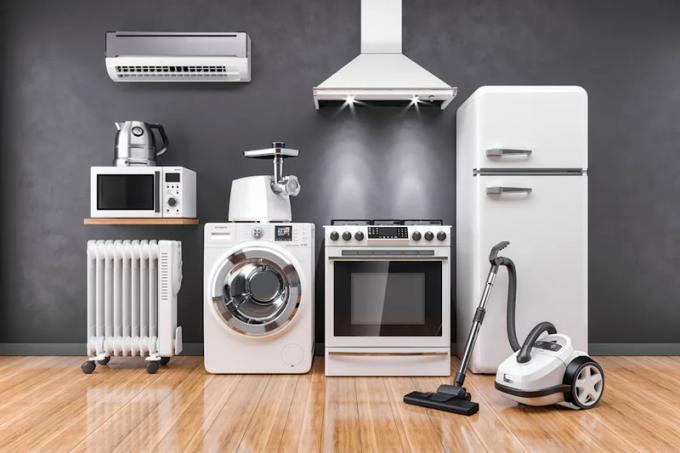O President Luiz Inacio Lula da Silva proposed the creation of a federal government program to offer home appliance price discounts the so-called white line. The idea was directed to vice president Geraldo Alckmin, who heads the Ministry of Development, Industry, Commerce and Services (MDIC).
Lula highlighted the importance of facilitating the purchase of refrigerators, televisions, washing machines and other household items. He pointed out that people often need to change their home appliances, especially when the old ones are malfunctioning or consume a lot of energy.
see more
Alert: THIS poisonous plant landed a young man in the hospital
Google develops AI tool to help journalists in…

(Image: adobestock/reproduction)
In view of this, the current Government suggested the implementation of an incentive program that reduces the prices of white line products, making them more accessible to the population.
With this, it would be possible to facilitate access for people, especially low-income people, to these essential tools for everyday life.
Check out the products that can be cheaper
White goods that could benefit from this program include refrigerators, stoves, coolers, water purifiers, microwaves, dishwashers, electric ovens, washing machines, clothes dryers, tanquinhos, air conditioners, wine cellars and fridges.
This is not the first time that such an initiative has been proposed. During Lula's second term, in 2009, the Ministry of Finance reduced the Tax on Industrialized Products (IPI) for refrigerators, stoves and washing machines. The program, which was initially scheduled to last three months, was extended until January 2010.
In that period, the tax on refrigerators was reduced from 15% to 5%, the tax on stoves was zeroed (before it was 5%), the tax on washing machines was reduced from 20% to 10% and the tax on tanquinhos was also zeroed (previously it was 10%).
A proposalde Lula aims to resume this type of incentive program to promote the reduction in the prices of home appliances and facilitate the population's access to these essential products. It remains to wait for the discussions and implementation of this program, which could be very beneficial for many Brazilian families.
